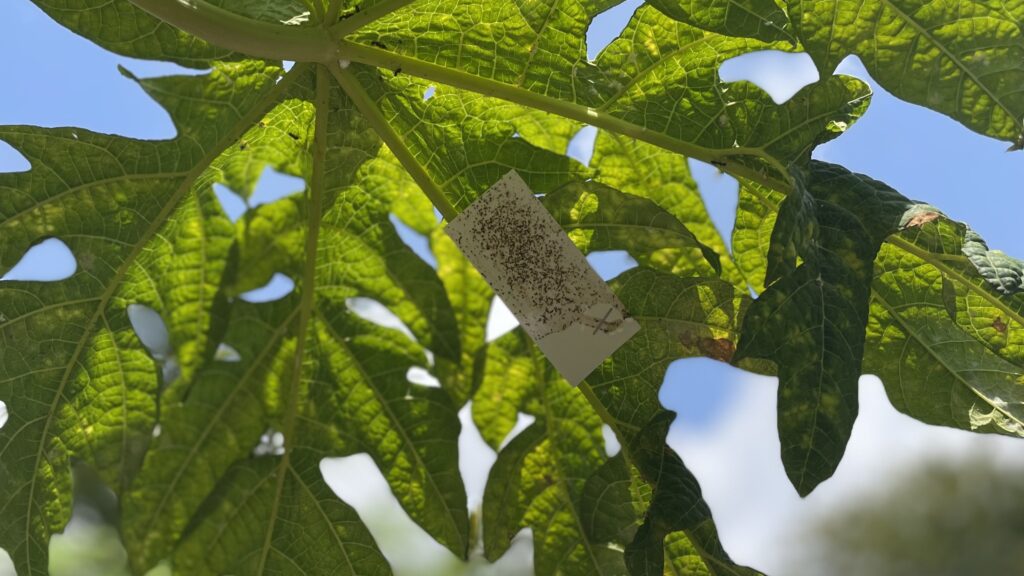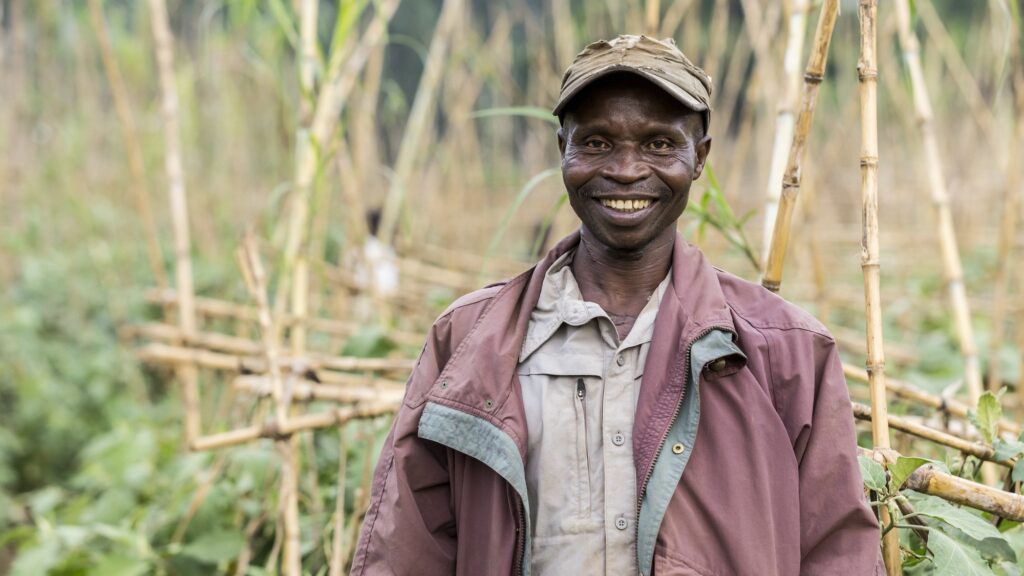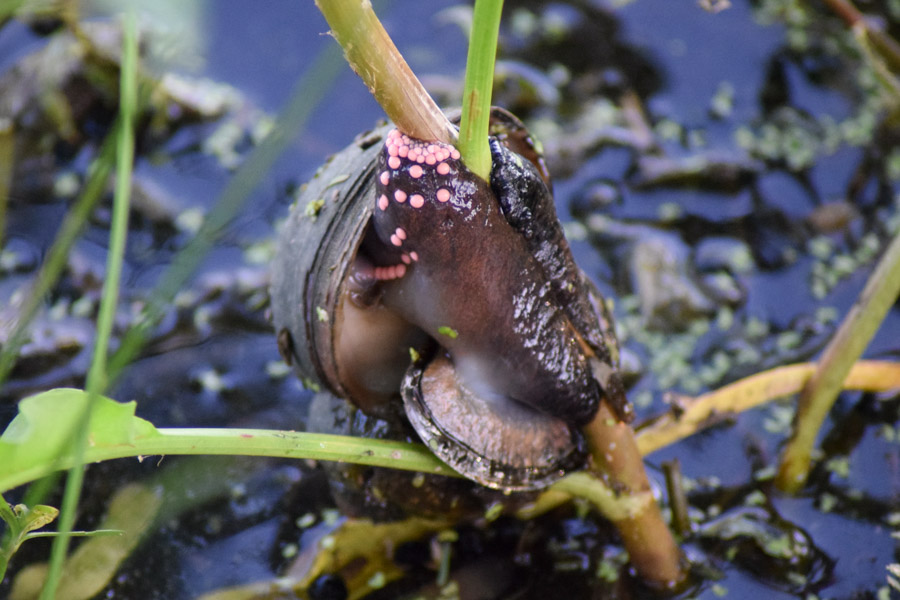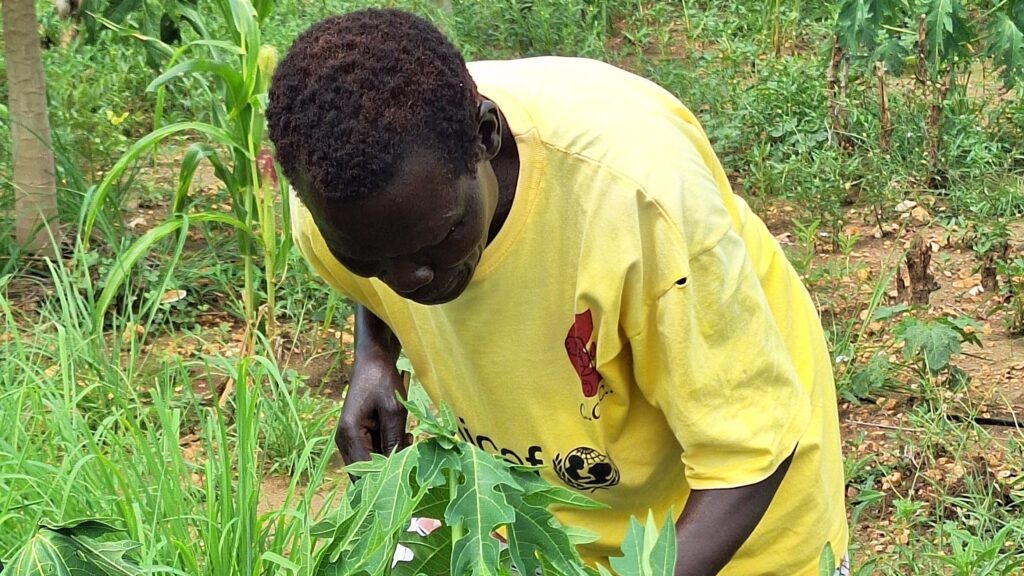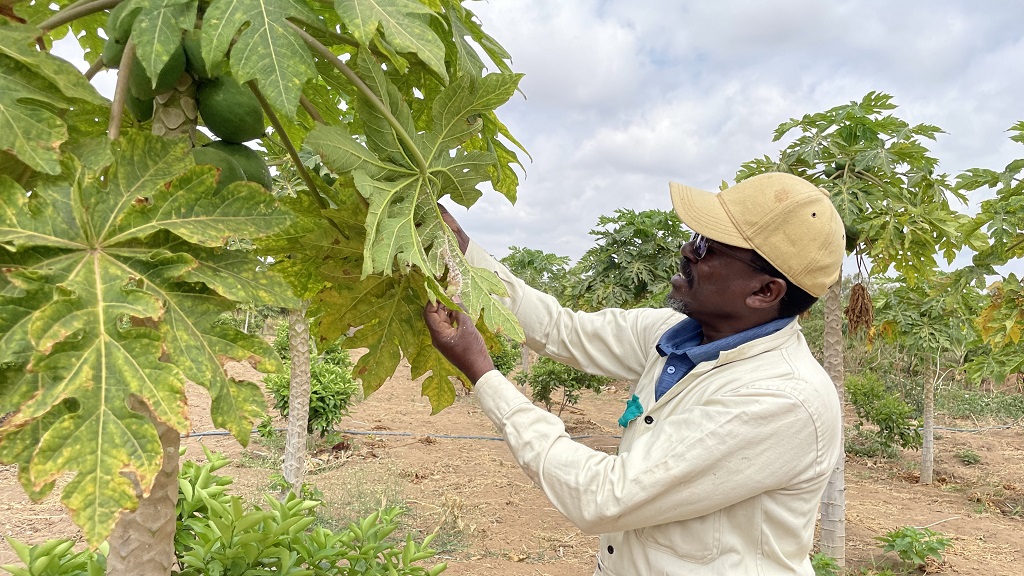PlantwisePlus Blog
Author: Patricia Manarang
You are here: PlantwisePlus Blog
Biocontrol that goes the distance: Acerophagus papayae in Kenya
May 20, 2025
Patricia Manarang
2 comments
Acerophagus papayae can slow the spread of the invasive papaya mealybug and benefit the wider community. Recent monitoring efforts have shown that the natural enemy is reaching long distances away from the original release sites. Invasive species pose a persistent threat to agriculture, particularly in tropical and subtropical regions where favourable conditions allow rapid spread…
How men taking on unpaid care work can lead to women’s economic empowerment in Burundi
April 29, 2025
Patricia Manarang
No Comments
Women carry a heavier burden of unpaid care work because of gender disparities. Unpaid care and domestic work include activities such as cooking, cleaning, and caring for the dependents in the household. This burden poses economic challenges for countries that depend on agriculture, such as Burundi. Burundi is a landlocked country in the African Great…
Invasive apple snail in Kenyan irrigation scheme could potentially spread to more areas
January 20, 2025
Patricia Manarang
No Comments
Experts consider the invasive apple snail (Pomacea canaliculata) one of the world’s worst invasive alien species. This species is native to South America and invades freshwater systems. It spreads rapidly and is very adaptable to stressful environmental conditions and changes. It also has high reproductive rates and strong defence mechanisms. Additionally, the areas it invades…
How strengthening South Sudan’s plant health system can reduce crop losses
December 16, 2024
Patricia Manarang
No Comments
In countries like South Sudan, people feel the effects of climate change with greater intensity. For example, increased crop pest invasions. The fall armyworm (Spodoptera frugiperda) damages key crops like maize and sorghum. And the papaya mealybug (Paracoccus marginatus) has inflicted extensive damage on crops, leading to a 91% reduction in papaya yields. These factors and…
What are Natural Enemies Field Reservoirs, and how do they help farmers control crop pests?
October 1, 2024
Patricia Manarang
1 comment
Classical biological control (CBC) is a widely used type of biological control that is proven to be effective in managing invasive pests. This method involves releasing natural enemies like parasitoids or fungi that can keep pest populations under control. However, additional technology, such as natural enemies field reservoirs – or NEFRs – can improve CBC…
How does parthenium weed impact maize crop production?
June 18, 2024
Patricia Manarang
No Comments
Parthenium hysterophorus, or parthenium weed, is highly invasive in many parts of the world. It is native to Central and South America but is now found in Asia and Africa, among others. In Australia, it has caused millions of dollars in crop yield losses. This is because the weed can produce prolific seeds, germinate, and…
Kenyan farmer perceptions of biological control of papaya mealybug
November 3, 2023
Patricia Manarang
1 comment
The papaya mealybug problem in Kenya The invasive papaya mealybug (Paracoccus marginatus) is a devastating pest to many crops, with a host range of over 200 plants. The species was first detected in Africa in 2010 in Ghana and then in 2016 in Mombasa County in Kenya. In Kenya, where horticulture makes up 60% of…
New biocontrol agent production model to fight fall armyworm in Bangladesh
August 7, 2023
Patricia Manarang
No Comments
The state of BCA use in Bangladesh The use of biological control agents (BCAs) to manage pests is a concept not yet fully embraced by farmers. This is especially true in Bangladesh, where the invasive pest, fall armyworm (Spodoptera frugiperda), has affected many crops. First seen in Bangladesh in November 2018, fall armyworm causes harvest…
Subscribe to blog
Contribute
If you are active in the field of plant health or development and would like to contribute to the Plantwise Blog, please contact Donna Hutchinson. We are happy to post any credible articles that we think would be of interest to our readership.
Views expressed in contributions do not necessarily reflect official CABI or Plantwise positions.
Archives
Categories
- Agriculture and International Development
- Climate change and biodiversity
- Crop health
- Development communication and extension
- Food and nutrition security
- Digital development
- Plant Sciences
- Invasive species
- Economic development
- Environmental Sciences
- Gender and youth
- Human sciences
- Publishing
- Value chains and trade
- Veterinary and Animal sciences

